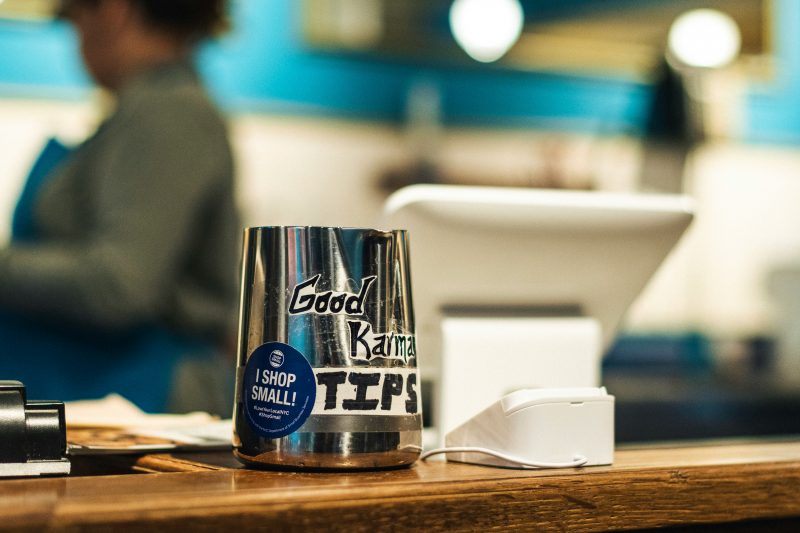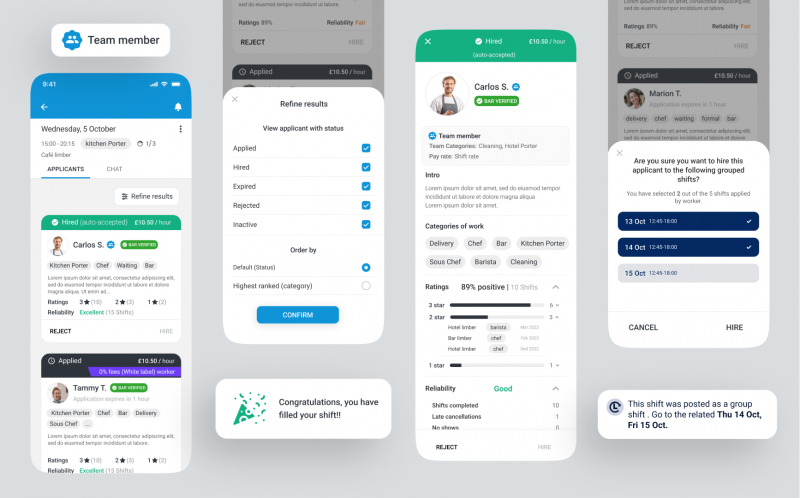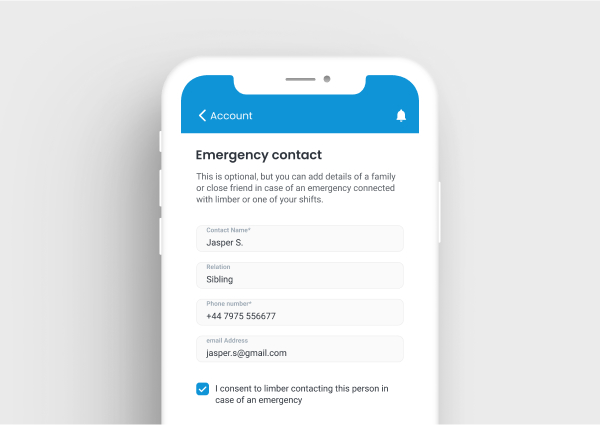How to choose the right ones for you
What are recruiters?
In simple terms, a recruiter is an intermediary between yourself and a client. They have access to huge resources and teams of people who are devoted to sourcing new clients and roles to pair with the most suitable candidate. If you haven’t experienced a recruiter first hand, you’ll most likely have heard colleagues or friends talking about them, and not necessarily in a good light. As the recruitment industry expanded exponentially through the ’90s and early ’00s, some felt it harvested a competitive culture of aggression and arrogance, accusing recruiters of prioritising commission over finding an appropriate fit for the job. Luckily, in recent years, modern supportive recruiters and agencies have replaced old fashioned practices, and now most are ethical, hard-working and resourceful.
Why would I use one?
A good recruiter can transform your workload and opportunities. The majority of recruiters have huge resources and connections, meaning they can place you within suitable contracts quickly and help you reduce a lengthy search. With a recruiter picking up the phone, hyping you up and getting you in front of the right people, you can relax knowing that a lot of the struggle is taken care of. If you’re just starting out as a freelancer, recruiters can be valuable in securing your first few gigs and assisting you in building a portfolio.
What should I look out for?
Treat finding your recruiter like an interview they have to pass to get the job of working for you. Test their knowledge of the industry, by asking what clients they personally work with and whether they can they name drop other freelancers, some light friendly questioning should allow you to asses whether they’re a good fit for you. If a recruiter reaches out to you unsolicited, ask how they got your details and why they’ve chosen to approach you, if they can’t give you a suitable answer move right along. The best recruiters work to understand your professional aspirations and career history so don’t be afraid to turn a recruiter down if you don’t feel confident in their ability to bring you the right work with the right clients, it’s simply a waste of yours and their time.
How can I help my recruiter?
When working with recruiters the best approach is to open and honest. By being upfront with recruiters they can market you properly, armed with all the information they need to represent you appropriately to employers. What is your niche? What type of work would a suit you? What have you worked on previously? Answering questions like this will help you secure the right recruiter, who understands your career goals. Working with recruiters also requires an element of trust on your part, in the majority of cases, recruiters have the knowledge and expertise to help you navigate your career path, so trust their advice.
What do they want in return?
With recruiters, you risk finding yourself being pushed to sacrifice your day/hourly rate which is usually to accommodate a commission charged to the client. You should expect to see a reduction of 15-25% on your rate to compensate for this. If they are supplying the right positions for you with the right organisations this is a pretty reasonable amount considering the time and energy you would have had to go through to source the client/position yourself.
It’s also good to be aware of what an ongoing relationship with your recruiter’s client might look like. You and your client might find that the recruiters put a lot of barriers in place to ensure that they get a cut every time you work with the client in the future. This could begin to make your relationship financially unviable for the client in the future.
So where should I start?
The recruitment world can be a bit of a minefield, so try to not get lost out there. Finding the right recruiter to suit your needs can be a daunting task but sourcing other freelancers with good experiences of recruiters is a great way to ensure reliability and take away a lot of the guesswork. You can also get a feel for your recruiter’s track record using your faithful pal Linkedin, where any negative comments out there tend to surface. It is preferable to find a recruiter who specialises in your area of expertise but it’s by no means vital.
Good luck out there!




